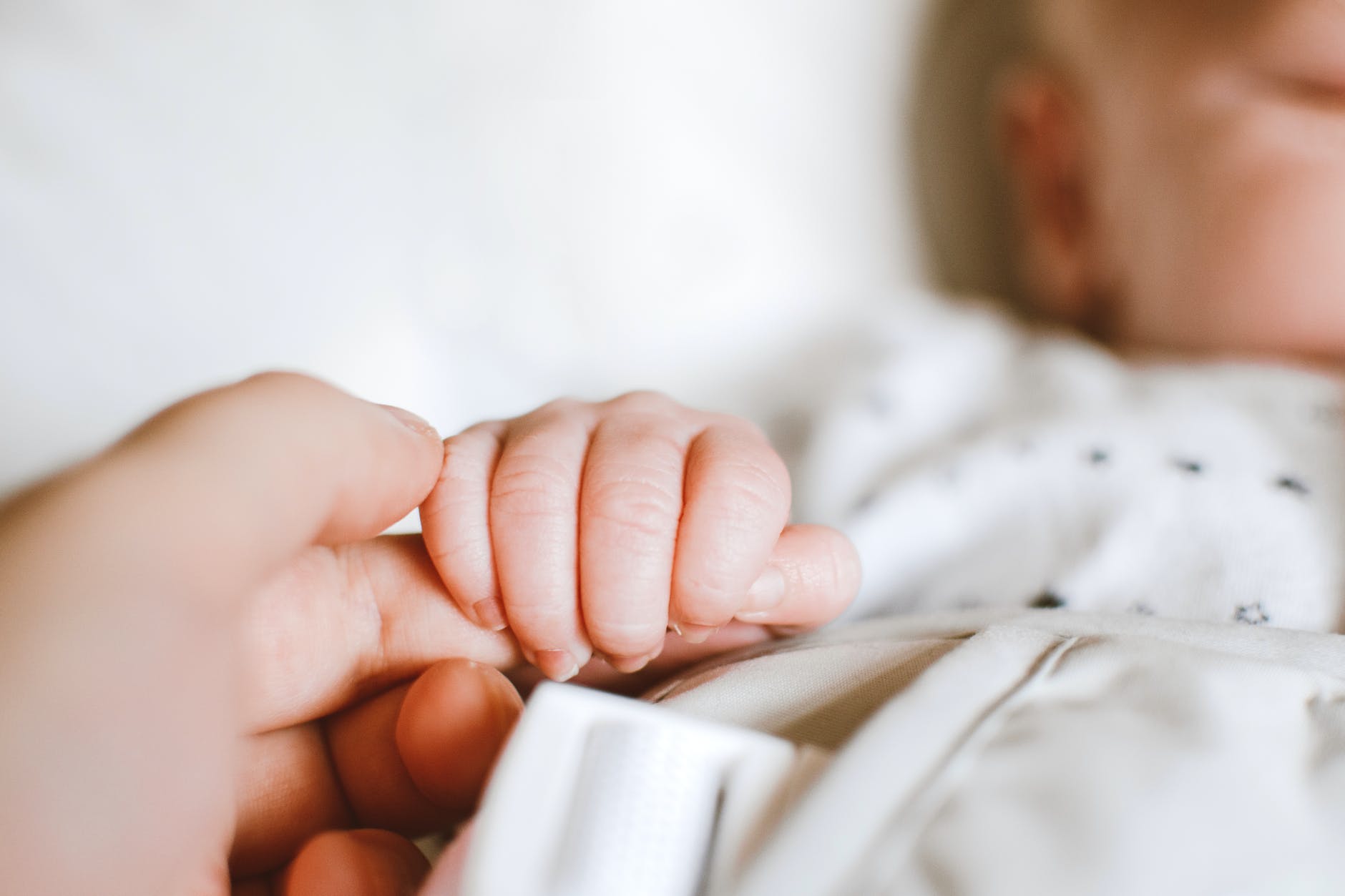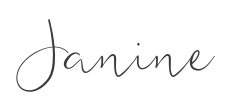Newborn facts – your new baby is an amazing little creature with a strong survival instinct and a strong need for food, safety and comfort.

Here’s a few interesting facts about new babies…
Newborn Facts: Size
The average weight of a newborn baby
7.7lb (3.5kg)
Newborn Facts: Changes to your baby’s heart & lungs
- As soon as your baby is born, there are some major changes taking place in his body as he needs to breathe for himself and pump blood around his body.
- Immediately after birth, his lungs inflate and blood travels from the right side of the heart to the lungs for oxygen, back to the left side of the heart and into the aorta, the main artery of the body.
- The Ductus Arteriosus (which forces blood to bypass the lungs in pregnancy), the Ductus Venosus (which forces fetal blood to bypass the liver in pregnancy) and the umbilical vessels close.
Newborn Facts: Your baby’s skull
- Your new baby’s skull has bony plates with two soft spots (fontanelles) to allow the plates to overlap, to change shape for the birth canal.
- The fontanelle at the back of your baby’s head will close by 6 weeks and the fontanelle at the front of his head will close by about 18 months.
Newborn Facts: Baby brain
- Your new baby’s brain weighs about 14oz and it will be 3lb by the time he is two years old.
- Your baby is born with about 200 billion brain cells but with very few connections – these develop as your baby grows
Newborn Facts: Eyesight
Your new baby will be able to see your face from about 20cm away – so at the breast or in the crook of your arm for a cuddle. Anything further away could look fuzzy, although he will turn towards the light and will like the contrast between light and dark.
Newborn Facts: Eye colour
Your baby’s eye colour may not be permanent until they are one.
Newborn Facts: Sleep
It is normal for this to be very random and chaotic because your baby will probably wake up easily and here’s why:
- Your baby will experience 45-minute sleep cycles (whereas an adults is 90 minutes)
- Most of your baby’s sleep is active sleep – this is a light sleep with noises, movements and fluttering eyelids. This makes up about 25 minutes of your baby’s sleep cycle and he could wake easily during this stretch.
- Then he will fall into quiet sleep, a deeper sleep when your baby is harder to wake up – his brain activity calm, his body is still and his breathing is deeper.
- He will then move into quiet sleep again and this is when he could wake up needing food or comfort.
Newborn Facts: Reflexes
These are your new baby’s most common reflexes…
- Root reflex – when the corner of your baby’s mouth is touched he will turn his head and open his mouth to begin feeding. This reflex lasts about 4 months.
- Moro reflex – this is also called the startle reflex because it often happens when your baby is startled by a loud sound or a sudden movement. Your baby will throw back his head, throw out his arms and legs and then pull them back in again. This reflex lasts until your baby is about 5-6 months old
- Tonic neck reflex – when your baby’s head is turned to one side, the arm on that side will stretch out and the opposite arm will bends up at the elbow. Also called the fencing position, this lasts until your baby is about 5 – 6 months old.
- Grasp reflex – stroking the palm of your baby’s hand will cause him to grasp your finger. This lasts until your baby is about 5-6 months old.
- Babinski reflex – if you stroke the sole of your baby’s foot, his big toe will bend backwards and the other toes will fan out. This lasts until your baby turns two.
- Step reflex – also called the walking reflex your baby will look like he is taking steps when you hold him upright on a solid surface This reflex lasts about 2 months.
- Tongue thrust reflex – this protects your baby from choking. When something is placed on his tongue, he will automatically thrust his tongue forward. This will gradually disappear between 4-6 months when he is getting ready for solid food.
Every baby is brilliant and unique, they develop and grow at
their own pace. If you have any concerns about your baby you can speak to your midwife/health visitor or your GP

working with parents since 2002
The Birth & Baby Library – where you can read about pregnancy, birth, babies and early parenting
Pregnancy | Birth Preparation | Labour & Birth | New Baby | Feeding | Babyloss & Grief | Breathing Space | The Being Mum Project
Say hello…
Instagram | Linkedin
Copyright: Janine Smith